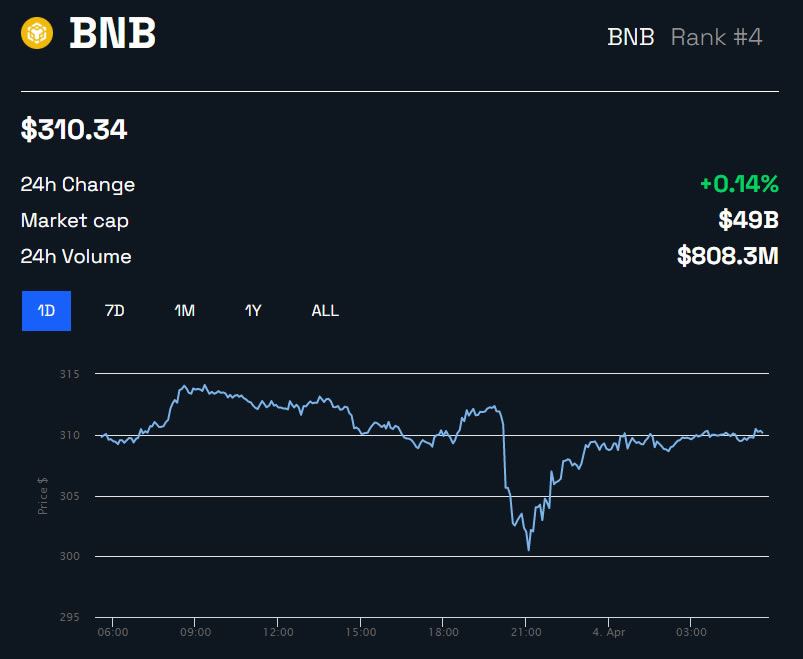
2020-1-9 19:00 |
Cryptojacking was rampant around the globe last year. By June 2019 in Southeast Asia, more than 20,000 MikroTik routers had been infected. Thanks to Operation Goldfish Alpha, Interpol reduced incidents of illicit crypto mining by 78% in just six months. Interpol Set About Securing 20,000 Infected Routers Cryptojacking was recognized as one of the greatest cybersecurity threats of 2019. In fact, according to Kaspersky solutions, by Q3 2019, it had overtaken Ransomware in terms of frequency and prevalence. In a press conference held yesterday in Singapore, Interpol revealed the results of its six-month operation to reduce cryptojacking in the region. Its efforts resulted in a 78% drop in incidents compared to June 2019. #NEWS: #INTERPOL-led operation takes aim at #cryptojacking campaign targeting routers in #SoutheastAsia. See the outcomes at https://t.co/J6tCUgMxZZ — INTERPOL_Cyber (@INTERPOL_Cyber) January 8, 2020 The highly coordinated operation began when Interpol learned that 20,000 MikroTik routers were being used to illegally mine cryptocurrency. This had been a popular practice among hackers since mid-2018. They made use of a MikroTik vulnerability to hijack the devices and infect more than 100,000 routers globally. The international law enforcement agency worked with members of the private cybersecurity sector, the national police, and Computer Emergency Response Teams (CERTs) from 10 local countries including Brunei, Indonesia, Malaysia, Philippines, and Singapore. Participating countries were given guidelines for detecting and removing the malicious malware by patching infected routers. They also received advice on improving their cyber hygiene to prevent further attacks. When the operation concluded in late November, the number of infected devices had been reduced by 78% Interpol officials announced. Efforts to remove the infections from the remaining devices continue. What Is Cryptojacking? Cryptojacking is a malicious malware code that can infect any device from the smallest IoT handheld to a company server room. It sits quietly in the background of the infected device and uses its CPU to illegally mine cryptocurrency, and make profits for the hackers. Since it’s relatively easy to detect and remove from infected devices, cryptojacking is often seen as a less serious threat than an outright Ransom attack or denial of service. However, it can still cost its victims plenty of money in excessive electricity bills and even damage their devices. Moreover, cryptojacking can occur without your device being infected. Some websites temporarily drain viewers’ computing power when they visit them. So, if you notice your computer suddenly running slowly or the fan kicking into overdrive, close your browser immediately. And if you keep putting your computer’s failings down to old age or the number of tabs you keep open at a time, it may be worth getting it checked–especially if your power bill is higher than normal. Have you ever fell victim to cryptojacking? Let us know in the comment section below! Images via Shutterstock, Twitter @INTERPOL_Cyber The post appeared first on Bitcoinist.com.
Similar to Notcoin - Blum - Airdrops In 2024
Electrify.Asia (ELEC) на Currencies.ru
|
|



